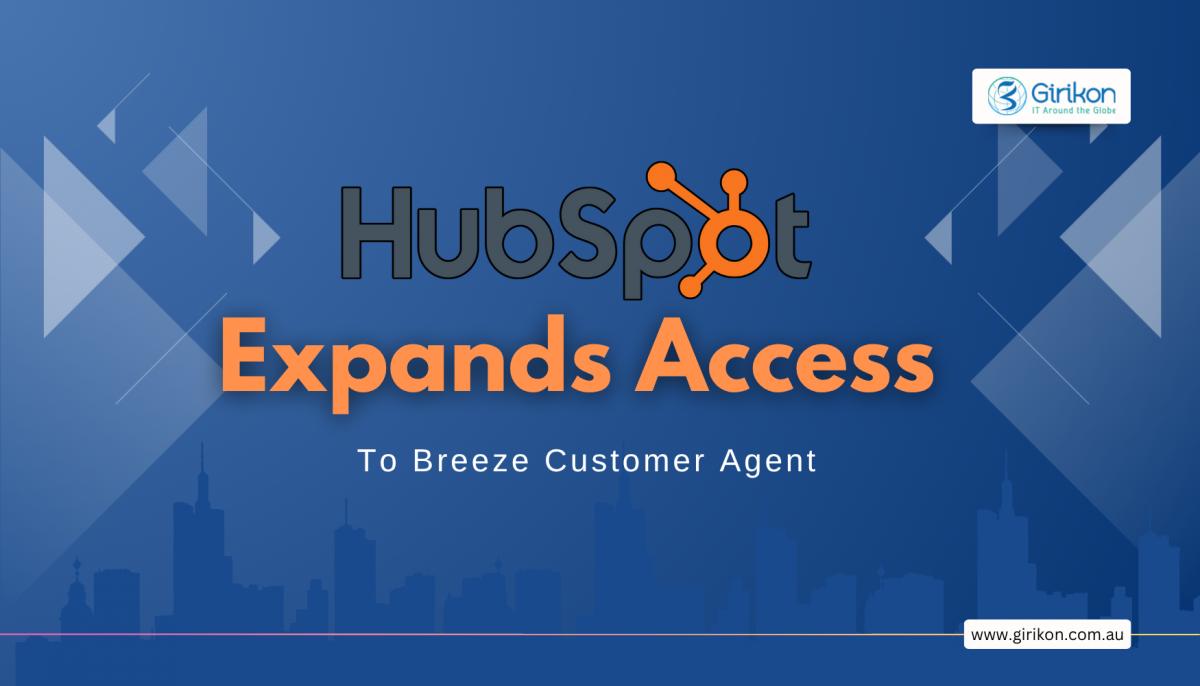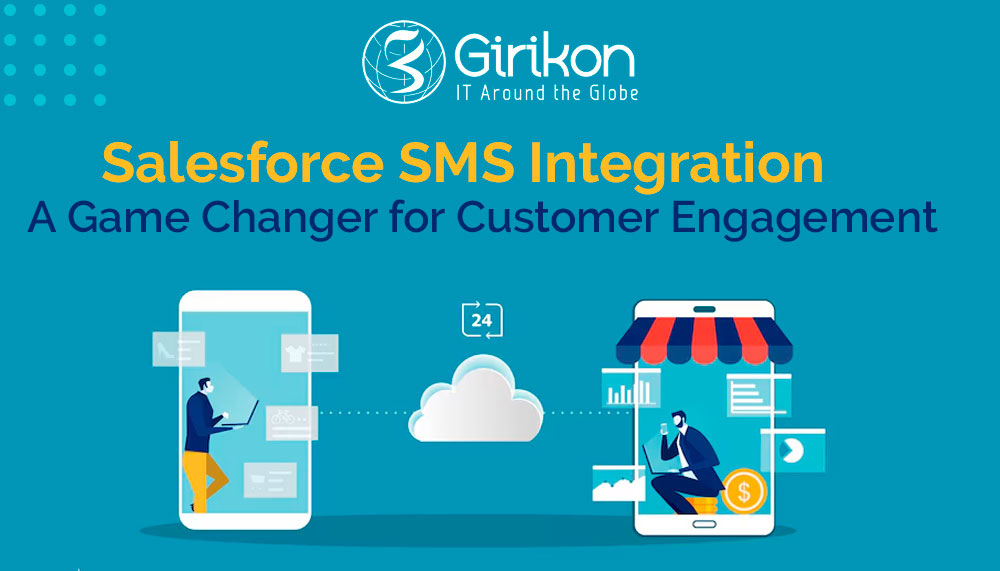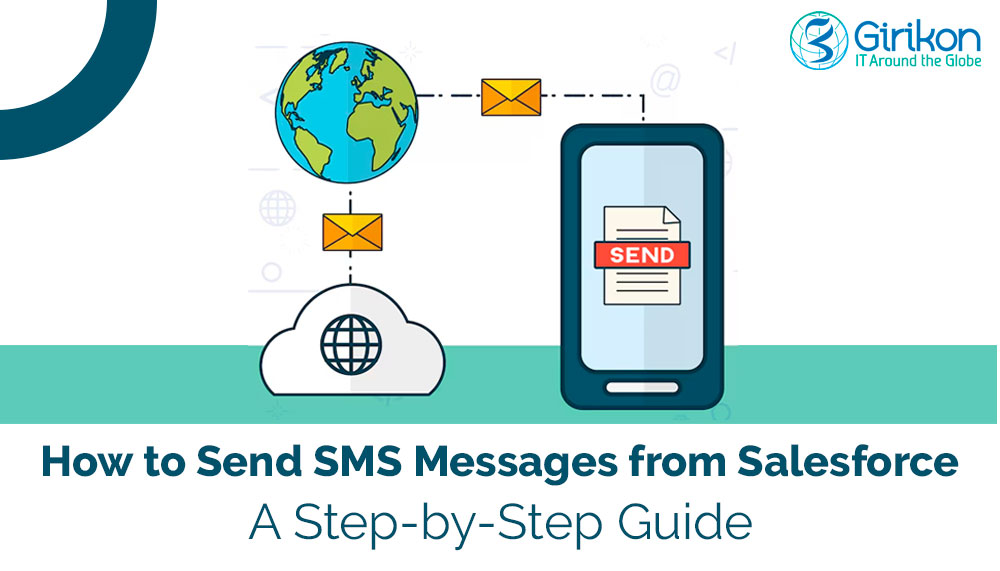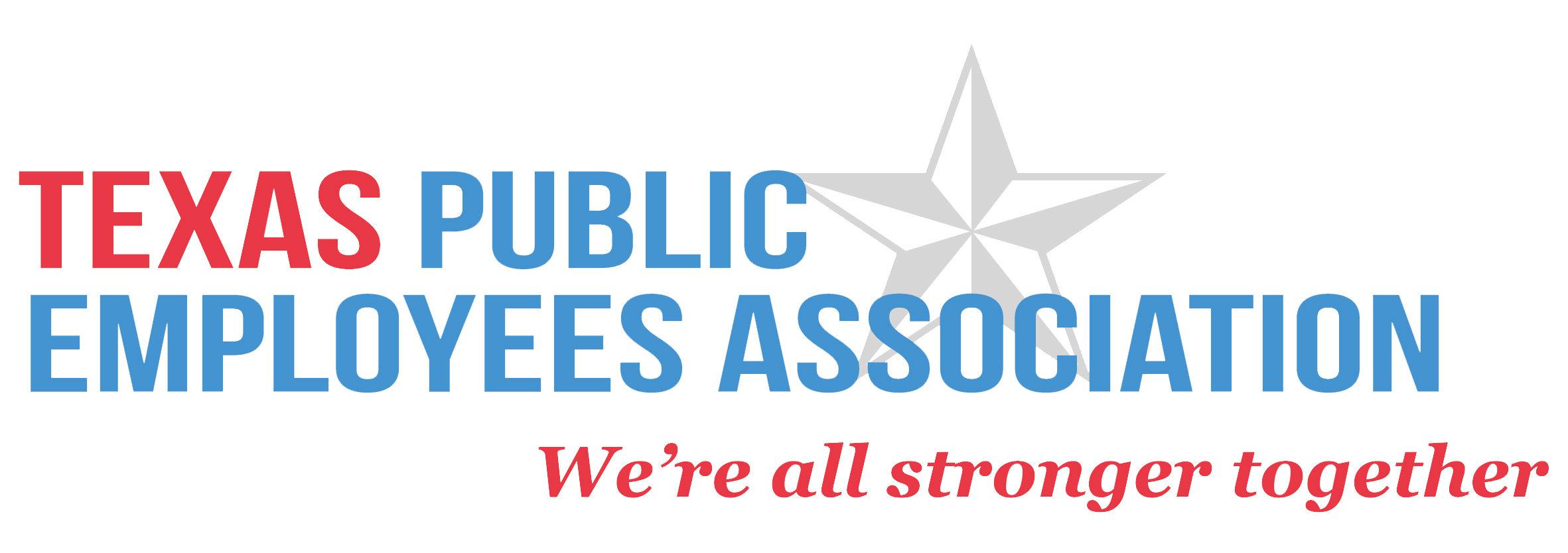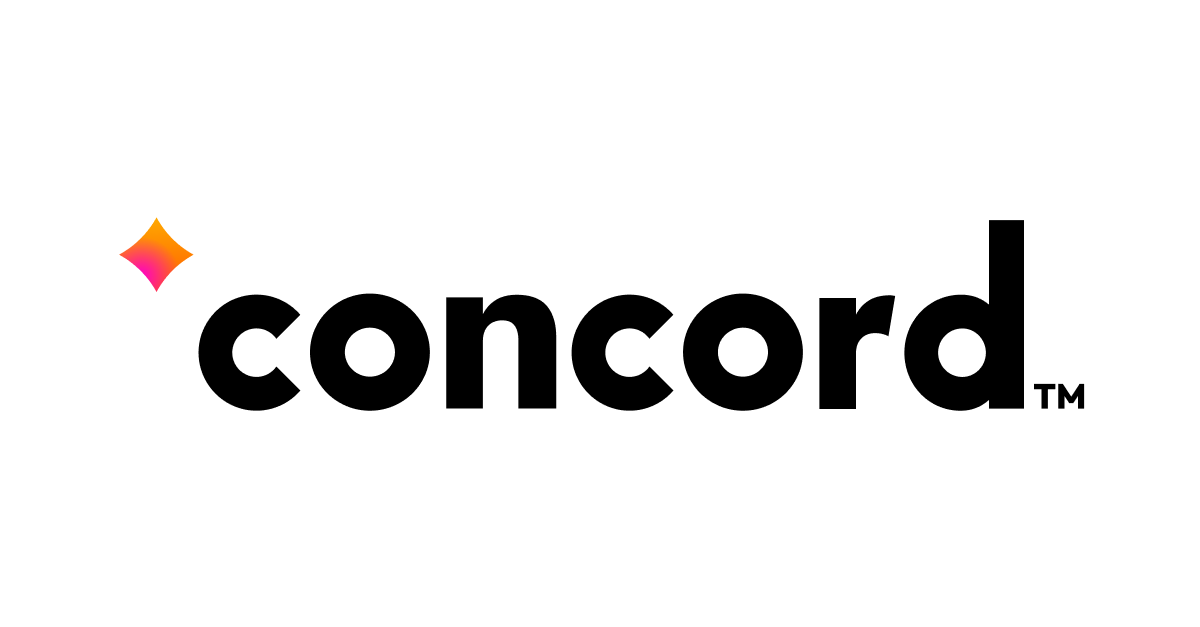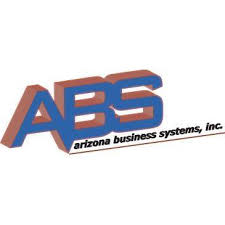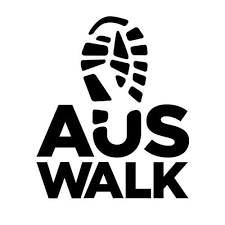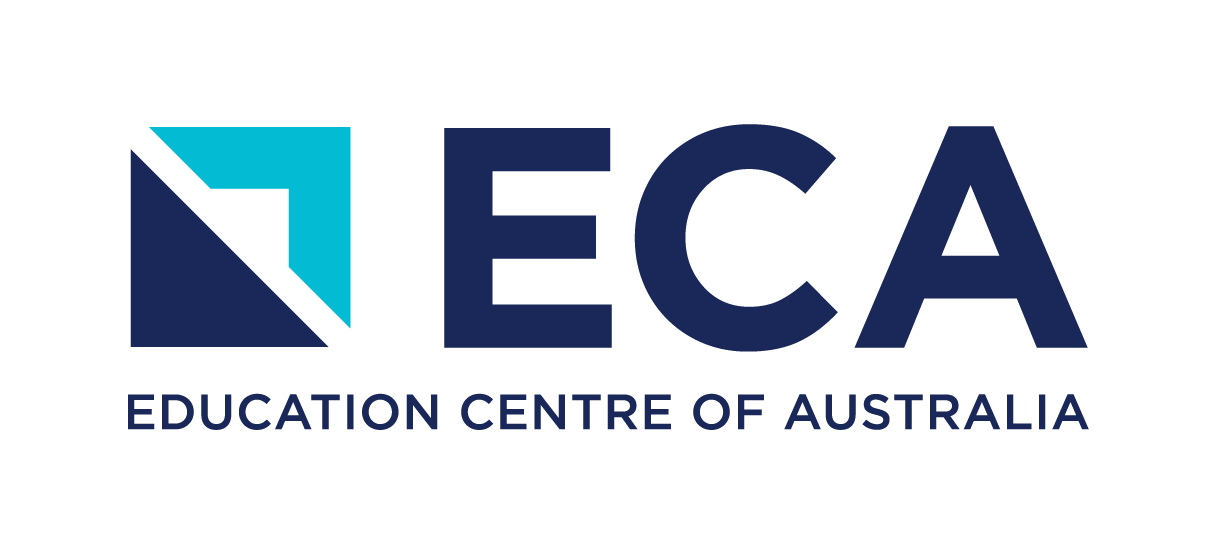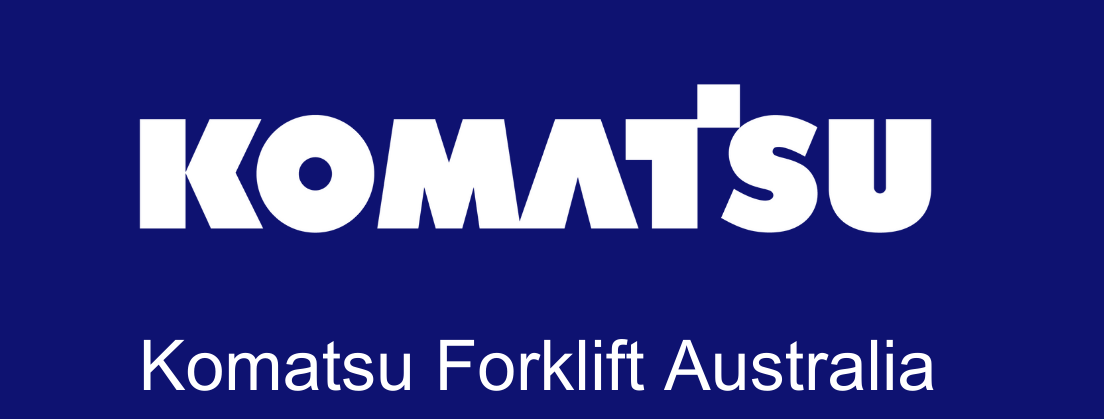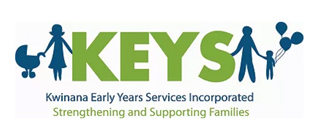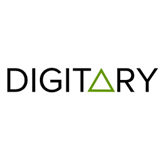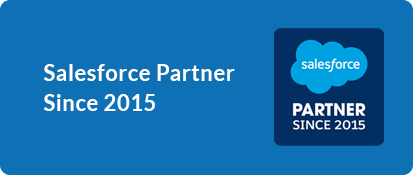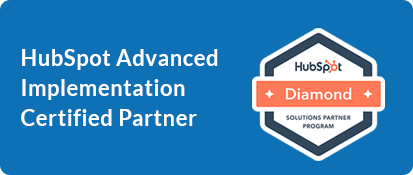Our Blogs
Learning and training activities of teams across industries has gone through an enormous transformation since the onset of the pandemic. As companies move their pre-hiring, onboarding, induction, and training activities online, the importance of learning management solutions (LMS) has been on the ascendency. LMSs are vital for organizations to train their employees and improve productivity, product or service knowledge and in due course boost their career growth. An LMS allows businesses to tailor their training delivery to augment staff engagement.
Salesforce complements LMS systems perfectly to make your eLearning processes smarter and more efficient. Being the world's No1 CRM, Salesforce integration with your LMS allows you to track your customers better while ensuring that customer support teams get adequate and effective training to improve customer experience by fostering engaging relationships.
With Salesforce integration with your LMS, you can get deeper insights on the courses and content consumed by your learner community. Now you can get a bird’s eye view of the learner relationship. Get meaningful insight into relevant metrics to leverage your business and deliver customer satisfaction. Get real time visibility on frequency of learner visits to your website, the engagement metrics of your training program, the acknowledgements your customers have received, and personalize their learning journey.
With Salesforce LMS integration, you can establish a clear correlation between the training of your customers and the success of your product. And that’s because your customers need to have a complete understanding your product/service in order for them to invest in those products or services. With the powerful UI features of Salesforce, you can empower your customers to visualize the future trends once they learn more about your product/service.
How is the Salesforce LMS Integration done?
Salesforce integration with LMS is done using an application programming interface or API, a piece of code that allows the two different applications – Salesforce and your LMS, to communicate with each other and share data. Usually, the entire process of deploying the API is pretty straightforward and your LMS administrator should be able to do it in a breeze. And once that’s done, you can decide which data fields in your LMS instance you wish to push to Salesforce.
Those fields may include what courses learners have completed, what certifications they’ve opted for and their certification status, and their scores in periodic assessments. When you view the learner’s account record in Salesforce, you can view information about their learning progress along with the usual details like sales funnel and performance, contact details, calendar information and customer details.
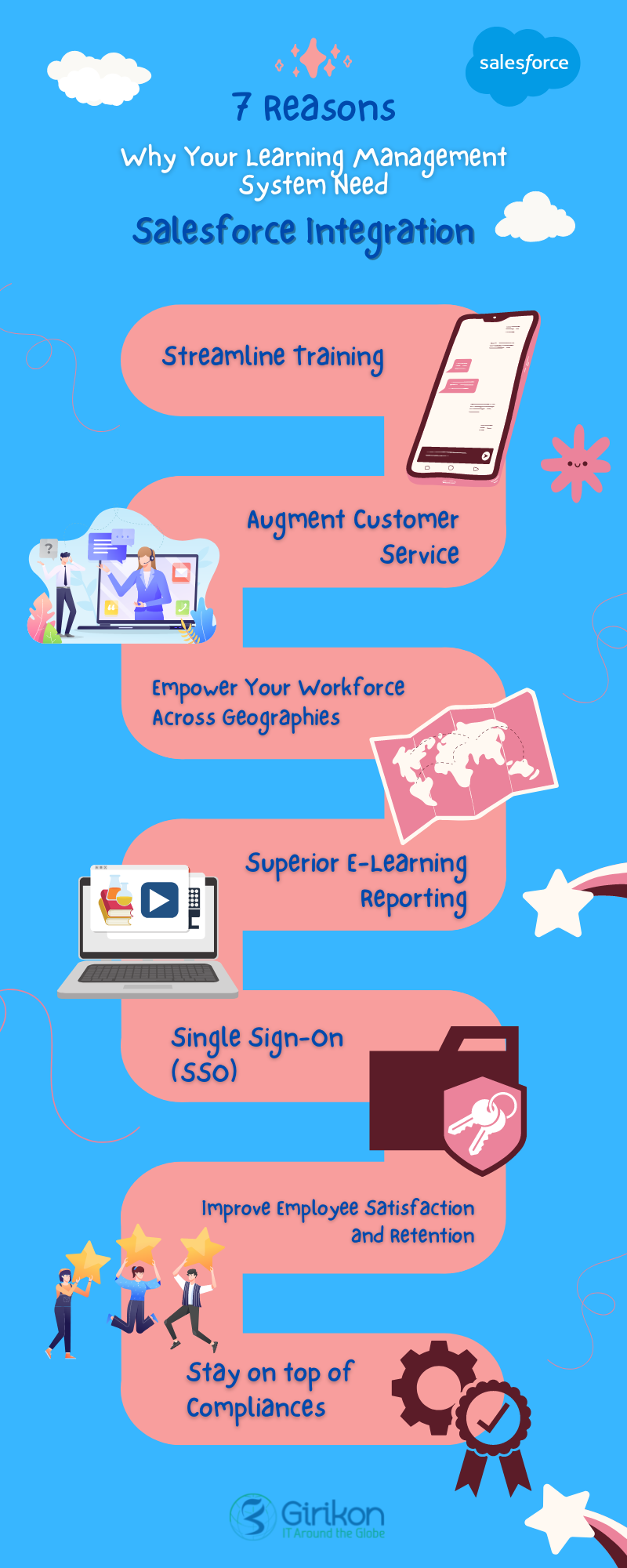
So, what does a Salesforce Integration with your LMS do for your organization’s learning and training requirements? Let’s find out!
Streamline Training
The merger of Salesforce and LMS greatly streamlines training of customers, partners and employees. This is particularly helpful when you need product certification training. In addition, it also shows you the completion progress of the training and what additional courses need to be allotted to learners. Data is at the heart of Salesforce, and the integration with your LMS would help in eliminating most of the manual work associated with data handling and the eventual errors associated with syncing, importing and validating the data.
Providing access to your LMS within Salesforce will help boost adoption rates for learners. Users who are already familiar with Salesforce will be able to easily adapt to your LMS and merge it with their existing schedules. Salesforce integration with your LMS will also boost collaboration between teams and departments. Teams and learning groups can work towards shared business goals.
Successful businesses are always looking to innovate to improve their training programs and/or allocate their resources more effectively. Salesforce integration with LMS empowers you to track specific learning initiatives and learner satisfaction. With the help of powerful collaborative and engagement tools bundled with Salesforce, you can gather valuable feedback on course ratings which would tell you which training programs are popular and which need some fine-tuning. This will help you to improve your sales training strategy on an ongoing basis and create more personalized learning resources for your learner community.
Augment Customer Service
LMS Salesforce integration will help you to quickly identify performance and skill gaps, especially when dealing with customer service issues. You can get a clear view of training material most accessed by customers which will give you a good indication of the products that interest them, as well as the knowledge they're lacking. Salesforce integration with Learning Management Systems also allows you to empower your sales teams with the learning resources they need to keep customers informed, for eg online tutorials about a new product or service so that they can better utilise those offerings.
Empower Your Workforce Across Geographies
Managing training for remote sales teams can be challenging. Especially when you need to address individual gaps and goals, as well as performance issues. LMS solutions that are integrated with Salesforce empower you to deliver contextualized training experiences, automatically updating relevant training content and certification programs. You can also give individuals the opportunity to track their own reports, which allows them to take charge of their training process.
Superior eLearning Reporting
Integration with the World’s No1 CRM supercharges your LMS’s reporting capabilities. By combining the power of both, integrations deliver richer data that can be used to greatly enhance existing eLearning programs. Salesforce’s integration features remove a lot of the manual work that can make eLearning reporting cumbersome and time consuming. You can generate custom reports within Salesforce for your training data. With Salesforce’s powerful analytics engine, reports can give deep instant insight into the efficacy of your training programs. Organizations can measure course progress, course completion level, learner engagement and so on. The integration will also give you access to AI-powered learning path recommendations based on job roles, learning history, interest, etc.
Combining sales-related data of customers and the learning programs they participate in, may yield unexpected insights. Those data-driven insights could, potentially, lead to additional revenue opportunities like new product lines and variations in training programs.
Single Sign-On (SSO)
Single sign-on (SSO) is another remarkable benefit of Salesforce-LMS integration for organizations across industries. Learners and instructors can switch learning platforms easily without having to log out to access training and learning content. Employee data in Salesforce automatically syncs with the data in the LMS. SSO allows learners and admins to use both platforms with a single set of credentials which facilitates a superior user experience that can boost adoption and completion rates..
SSO ensures a secure and hassle-free login experience for learners, trainers, and administrators.
Improve Employee Satisfaction and Retention
Satisfied employees who effectively receive the training they require are more likely to remain in your organization. An LMS which gives them easy access to all the tools they need, removes training barriers. A Salesforce Integrated LMS empowers individuals to augment skills and expand their knowledge more effectively. LMS Salesforce integration also allows them to view course assignments relevant to their job responsibilities and skill sets easily. A self-paced collaborative learning approach driven by AI improves engagement and builds confidence amongst learners.
Stay on top of Compliances
The auto-sync feature of Salesforce allows you to share data between Salesforce and your LMS. This allows you to monitor the status of every member on your sales team on where they are on compliance certifications and necessary training. Salesforce integration also allows you to apply assignment rules when launching your sales training initiatives. For example, only a specific set of members of your organization receive notifications for a new certification course. They can also choose to opt for voluntary sales training based on their individual goals and job responsibilities.
Wrap Up
Organizations of different sizes depend on Salesforce for effectively training their employees across departments. Integrating LMS and Salesforce for skill development and upgrades delivers improved learner performance, boosts employee retention, enhances the learning experience, and improves satisfaction within your organization. Salesforce enables LMS to deliver online and offline learning within a unified ecosystem, drastically reducing the manual effort required to manage courses, cost of in-person sessions, reporting and analytics.
Want to know about the benefits of integrating Salesforce with your LMS? Get in touch with a Certified Salesforce Implementation Partner today.

 +61-1300-332-888
+61-1300-332-888 +1-480-382-1320
+1-480-382-1320